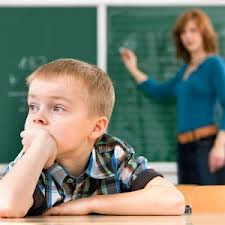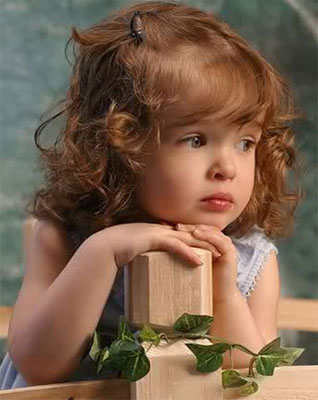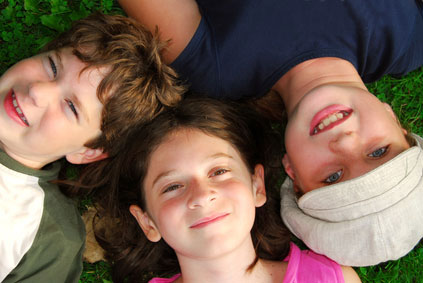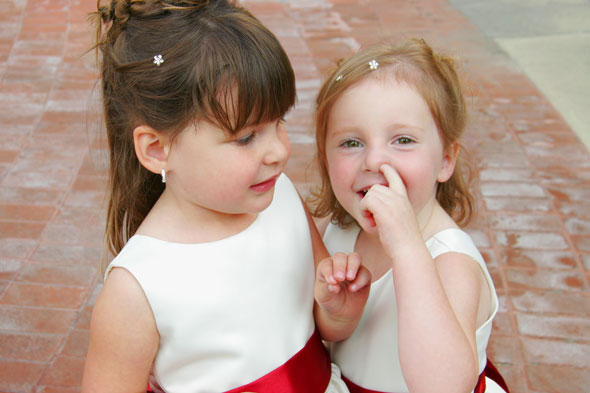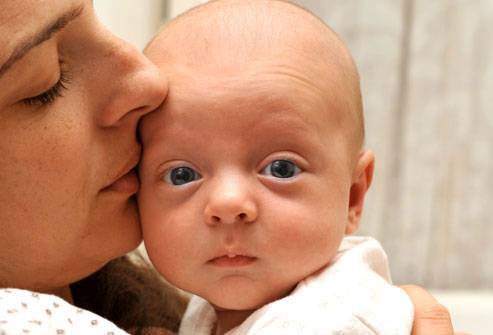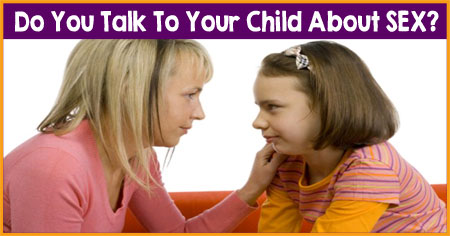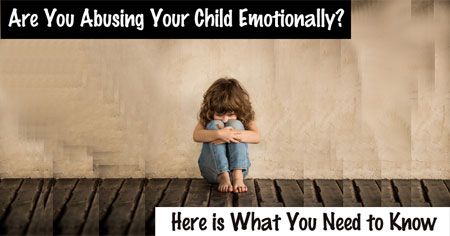
Emotional abuse is considered as a silent killer yet it can be easily overlooked and stays in the background of a child’s life. Read on to learn about the things parents should know about emotional abuse so that they can save their children from any such problem.Emotional abuse, psychological or mental abuse, happens little by little overtime and this makes the self-confidence, self-worth, self-concept, ideas and perceptions of the person wear away. Emotional
abuse of a child is the repeated emotional mistreatment that causes severe and/or continues adverse effects on the emotional development of the child.
If parents are aware of the signs of emotional abuse, they can intervene on time and make a huge difference in their child’s life. The most important thing is that physical abuse leaves scars that can be seen, but emotional abuse is more than bruises or scars.
Remember, neglecting your child, ignoring her needs, leaving her in dangerous situations, putting her unsupervised or making your child feel stupid or worthless also comes under emotional abuse. No matter what kind of emotional abuse your child suffers, it will ultimately have serious emotional harm on her.
Things Parents Should Know About Child’s Emotional Abuse
Here are some things which parents should know about the emotional abuse of children.
1. Emotional Abuse is a Silent Killer
Parents should not consider emotional abuse as something that will automatically wade away just because it does not include any violence. Well, the fact is that neglect and emotional abuse are more damaging.
2. Child Abuse Happens in All Kinds of Families
Some parents stay relaxed that just because they are from a renowned family, their children are safe. There are many so called good families having completely different stories behind their doors.
3. Child Abuse is Not Always Intentional
Many parents unknowingly parent in the way they have been brought up. Many have been victims of abuse themselves and they do not even know any other way of
parenting as well. Some even suffer from mental problem or substance abuse which reflects in their parenting and ultimately results in severe emotional damage to their children.
4. All Abuses are Not By Strangers
Usually parents believe that children suffer from abuse only from outsiders or strangers. Recent studies have revealed that majority of the emotional abuse cases have been from family members.
5. Abuse Not Always Results in Making the Sufferer Abuser
The child suffering from abuse is more likely to repeat the same thing when she grows up. However, there are many child abuse survivors who try to protect their children and do not let their children go through what they had to suffer. They become
excellent parents.
Recognizing Abuse
It is often difficult for people to identify that they are being abused especially when it has been a part of their life for years. Children start believing that it is their fault and they always keep their parents’ expectations devastated. The most important thing is that emotional abuse can constantly damage a
child’s mental health affecting social development and leaving psychological scars forever.
Examples of Emotional Child Abuse
Here are some of the negative parenting habits which can be termed as emotional abuse of children.
1. Neglecting or Rejecting
Many parents show in many ways to a child that he or she is unwanted like calling names, telling that child that she is worthless, blaming the child for
sibling problems and many more. Some examples are:
- Harsh criticism
- Labelling
- Belittling
- Name calling
- Yelling or screaming at the child
- Humiliation
- Teasing the child of her disabilities
- Refusing to give physical touch and attention
- Locking kids out of the house as punishment
2. Ignoring
Usually adults whose emotional needs have not been met do not know how to meet the needs of their children. They do not show any attachment for the child and often provide negative nurturing. They often fail to recognize the child’s presence as well.
3. Terrorizing
Many parents use threats, yell and curse their children which ultimately do severe psychological damage to their children. This can be horrifying the child or others in front of the child.
4. Isolating
Many parents isolate one of the children from others or prevent them from participating in any extracurricular activities. Even encouraging a child to reject friends or social contacts and invitations also come under emotional abuse.
5. Exploiting
Giving a child responsibility that is greater than the child’s age or capability is abusive.
What to Do If Child is Emotionally Abused?
If your child suffers from stomach aches, bedwetting, difficulty in sleeping, shows signs of scratching or bruising, you should get alert. Extreme cases of emotional abuse can be identified if the child seems excessively withdrawn, frightened or anxious or shows signs of extremes in her behaviour.
There is no need to panic, but you should ask your child softly what is disturbing her. Most of the kids are afraid of being criticized and they hide anything that is going on in their lives. Take steps to stop the abuse as early as possible. Provide reassurance and unconditional support.
What is emotional abuse? What can lead to emotional abuse of children? How to avoid emotionally abusing children? Discuss here.

















